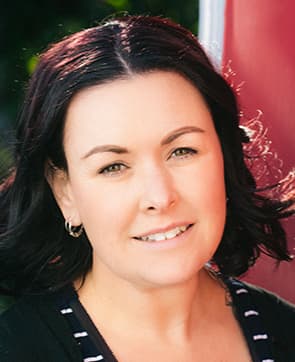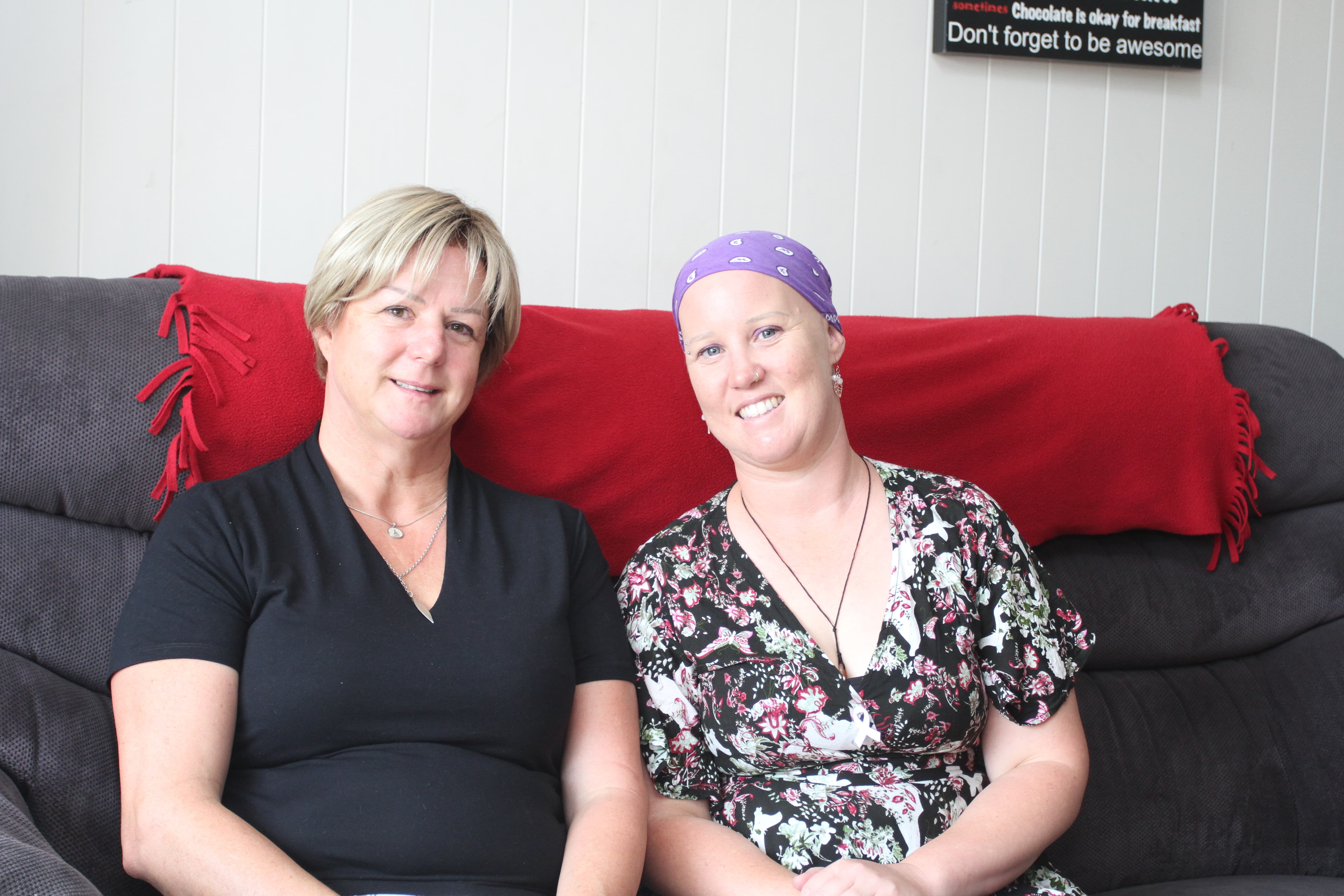Living with alopecia


For Romy Colbatz and Cara-lee Wills, leaving the house can sometimes be scary.
Both women live with alopecia universalis, meaning they have no hair on their entire body, a condition they describe as traumatic and crushing.
The auto-immune disorder was cast into the spotlight following an incident between Oscar host Chris Rock and Will Smith, after Rock made a joke about Smith’s bald wife, Jada Pinkett Smith, who also suffers from alopecia.
For Romy and Cara-lee, people assuming they have cancer and are going through chemotherapy is a daily occurence.
When they explain that they have alopecia they are met with comments such as ‘that’s great, you’re not sick’ or ‘oh that’s good, it’s just hair’.
“It’s not just hair,” stresses Romy.
“It’s very traumatic and difficult to deal with. Especially as a woman, to lose all of your hair. It’s such a big part of who you are, you don’t recognise yourself in the mirror, especially after the eyebrows are gone.”
Romy got her eyebrows microbladed which made a huge difference to her confidence.
“The eyebrows are the biggest thing that frame your face, if they are gone you look in mirror like ‘who are you?’
“It was an awful awful time, you take for granted that you’ve got hair, like you’ve got arms and legs.”
Cara-lee began to lose small areas of hair when she was just 13-years-old. They grew back, but in 2017 she lost all of her hair.
Romy’s journey began just three years ago, she never had prior warning or patchiness but within a couple of weeks she had lost every hair on her body.
“I had really thick, nice brown hair all of my life, all of a sudden it started at the back and within two or three weeks it was all gone.”
Cara-lee says she still has days when she finds the looks people give her difficult.
“It’s taken me a long time to be comfortable with who I am and be confident.”
“You just always feel so seen,” adds Romy. “Not in a good way.”
The pair say it’s easy to take for granted having eyelashes, eyebrows and hair on your head, but until you’ve experienced something like total hair loss, you can’t understand how important it is.
“Especially as a woman, it frames your whole face, some people are lucky and small patches will grow back, others - that’s it, it’s gone,” Romy says.
She says it was difficult to read there was no cure and not much she could do about it.
Cara-lee says to begin with she was really scared because she thought something was wrong with her.
“When the doctor said ‘it’s just alopecia, there’s nothing you can do’ that’s really crushing when you’re a child because you think you can fix things with a pill or hair cream or something like that.”
She says it didn’t really hit her until she completely lost all of her hair.
“I didn’t feel like myself, once the eyelashes and eyebrows go that’s it, you don’t feel like a woman anymore, you don’t want to go out, you walk into the supermarket, people are looking, you walk down the road, people stare at you.”
Eventually, following a long battle with self-esteem and appearance worries, Cara-lee says she began to feel confident.
“This was going to be the new me, but when you want to get dressed up for a night out and you’ve got your bandana on, you can’t do fancy hair and that sort of thing, it is quite crushing.”
She wants to remind people to be kind to others.
“We are going through something and learning to deal with it ourselves, so please don’t make comments.”
Cara-lee says it’s reactions that make people feel ashamed of being themselves.
“When you have confidence, you live a better life. It’s taken me a long time to be confident with who I am and I’ve had to fight lots of inner demons to get there.”
Cara-lee says a local online support group has about 300 members, many who are still ashamed to go out in public and don’t show themselves how they really are to others, will be an invaluable support to many.
For support with an alopecia journey email [email protected]
